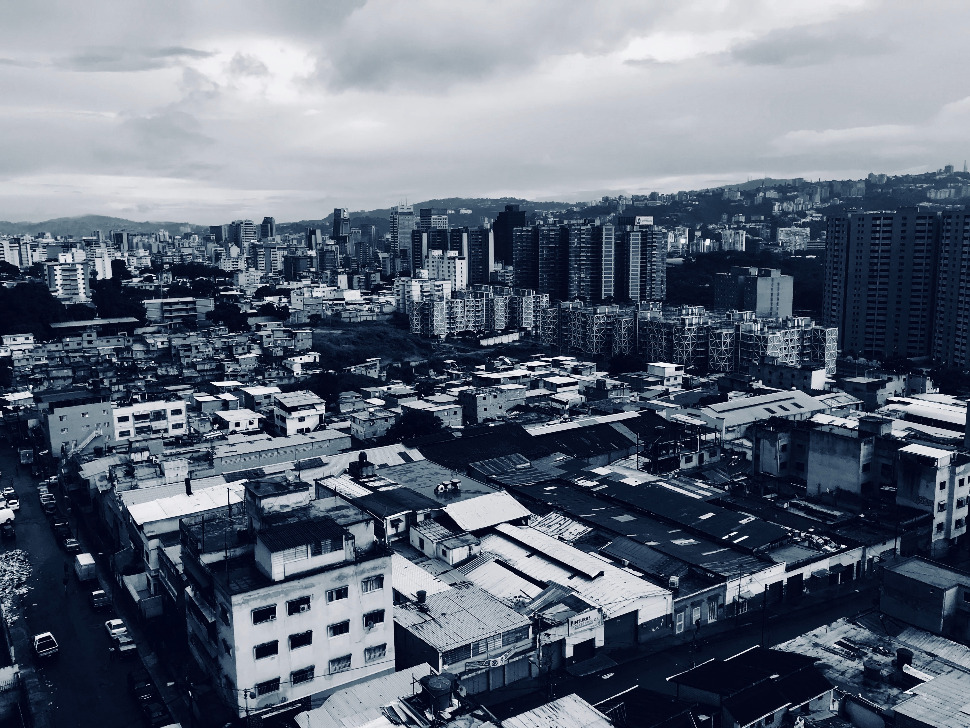As the fortunes of South America’s “pink tide” have turned and right-wing movements have recaptured power, conservative judiciaries and legislatures, egged on by elite-controlled media cartels, have engaged in dubious judicial procedures against various left-wing figures. In 2015, Argentina elected a right-wing neoliberal president, Mauricio Macri, and former left-leaning president Cristina Kirchner was charged with treason and other crimes. In Brazil, the Senate impeached sitting president Dilma Rousseff ? though her alleged crimes were dismissed by federal prosecutors ? and replaced her with the conservative Michel Temer. More recently, Lula, who polls suggest would easily win reelection, has been convicted of corruption and jailed, despite the absence of material evidence backing the charges against him. This decade has effectively become one of politico-judicial persecution ? lawfare ? against pink tide political figures, as right-wing movements try to ensure that their left-wing rivals won’t return to power. Ecuador’s former president Rafael Correa appears to be the latest victim of lawfare against left-wing politicians. On July 3, 2018, a court in Ecuador ordered Correa’s arrest and extradition following his failure to serve a subpoena to appear in court. Judge Daniella Camacho of the National Court of Justice alerted Interpol to detain Correa if he tries to leave Belgium, where now resides with his Belgian wife. His offer to depose testimony at the Ecuadorian diplomatic mission in Brussels was rejected. Originally subpoenaed to appear in court in mid-June, Correa was included in an investigation concerning the attempted kidnapping of lawmaker Fernando Balda in 2012. A former member of Correa’s Alianza PAIS party, and Correa’s supporter in his 2006 presidential campaign, Balda quickly became a political adversary of Correa after criticizing him over what Balda claims was “arbitrary and exclusionary management” of Alianza PAIS’ national board, as well as later accusing Correa of wiretapping his political adversaries and seeking campaign financing from Colombia’s FARC insurgent guerrilla force. By 2009, Balda had left Alianza PAIS and joined the Patriotic Society Party ? led by former army colonel and ex-president Lucio Gutiérrez, a leading figure in the 2000 Ecuadorian coup who oversaw neoliberal reforms as president from 2003 to 2005 until he was removed by Congress for the alleged abandonment of his constitutional duties.
As the fortunes of South America’s “pink tide” have turned and right-wing movements have recaptured power, conservative judiciaries and legislatures, egged on by elite-controlled media cartels, have engaged in dubious judicial procedures against various left-wing figures. In 2015, Argentina elected a right-wing neoliberal president, Mauricio Macri, and former left-leaning president Cristina Kirchner was charged with treason and other crimes. In Brazil, the Senate impeached sitting president Dilma Rousseff ? though her alleged crimes were dismissed by federal prosecutors ? and replaced her with the conservative Michel Temer. More recently, Lula, who polls suggest would easily win reelection, has been convicted of corruption and jailed, despite the absence of material evidence backing the charges against him. This decade has effectively become one of politico-judicial persecution ? lawfare ? against pink tide political figures, as right-wing movements try to ensure that their left-wing rivals won’t return to power. Ecuador’s former president Rafael Correa appears to be the latest victim of lawfare against left-wing politicians. On July 3, 2018, a court in Ecuador ordered Correa’s arrest and extradition following his failure to serve a subpoena to appear in court. Judge Daniella Camacho of the National Court of Justice alerted Interpol to detain Correa if he tries to leave Belgium, where now resides with his Belgian wife. His offer to depose testimony at the Ecuadorian diplomatic mission in Brussels was rejected. Originally subpoenaed to appear in court in mid-June, Correa was included in an investigation concerning the attempted kidnapping of lawmaker Fernando Balda in 2012. A former member of Correa’s Alianza PAIS party, and Correa’s supporter in his 2006 presidential campaign, Balda quickly became a political adversary of Correa after criticizing him over what Balda claims was “arbitrary and exclusionary management” of Alianza PAIS’ national board, as well as later accusing Correa of wiretapping his political adversaries and seeking campaign financing from Colombia’s FARC insurgent guerrilla force. By 2009, Balda had left Alianza PAIS and joined the Patriotic Society Party ? led by former army colonel and ex-president Lucio Gutiérrez, a leading figure in the 2000 Ecuadorian coup who oversaw neoliberal reforms as president from 2003 to 2005 until he was removed by Congress for the alleged abandonment of his constitutional duties.
Read More
Leer más


